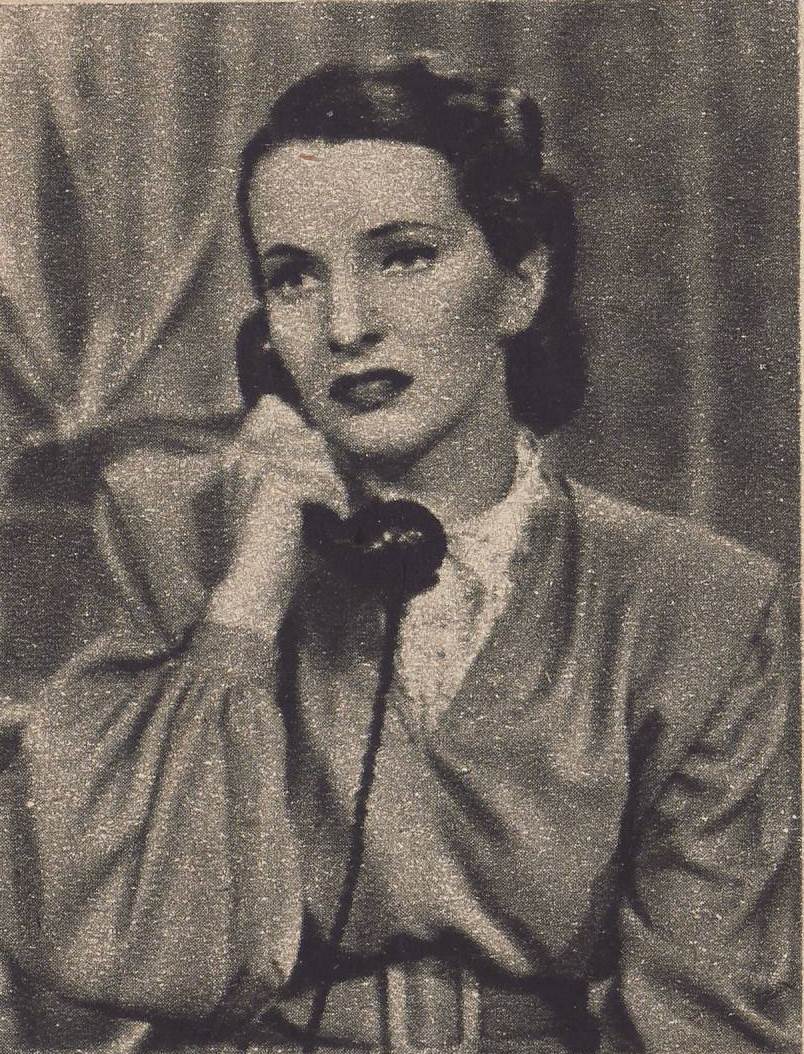Hanna Skarżanka was a famous Polish actress performing on stage almost until the end of her life. She was active in the underground during World War II and supported the Solidarity movement in the 1980s.
Hanna Skarga (Skarżanka) was born on 23 February 1917 in Minsk (now Belarus). In 1937, she began studying at the Faculty of Agriculture of the University of Stefan Batory in Vilnius (then Poland, now Lithuania), which may have stemmed from a desire to manage her parents’ landed estate in the future. However, her parallel studies at the music conservatory and her interest in Polish philology indicated her growing fascination with the world of art.
When, in 1939. Germany invaded Poland and the Second World War broke out, dramatic changes took place in her life. Working as a waitress in a soldier’s casino during the German occupation, she was no ordinary worker. Skarżanka collected valuable information for Polish military intelligence, becoming an invaluable source of information on the occupying forces for the Polish Underground State. She was active in the Home Army under the aliases “Niura” or “Aktorka”. She took part in the rescue of one of the Silent Unseen soldiers – Eugeniusz Chyliński.
After the war, Hanna quickly gained recognition as a theatre, film, and television actress. Her roles at Warsaw’s “Ateneum” Theatre between 1960 and 1975 brought her great acclaim. She also appeared in such television productions as “Being forty”, “Teddy bear” and “Wedding”, directed by Andrzej Wajda. She also participated in the cabaret “Szpak”, hosted by Zenon Wiktorczyk, where she sang songs that became hits, such as “Fotoplastykon” (Kaiserpanorama).
Hanna was also socially active. During martial law, in communist-ruled Poland, under the influence of Father Jerzy Popiełuszko, she became involved in “Solidarity” – the democratic opposition, organising theatre performances in churches. She later became the artistic director of the Museum of the Warsaw Archdiocese.
Hanna Skarga died on 8 November 1992 in Warsaw. She was active on stage until 1991.





